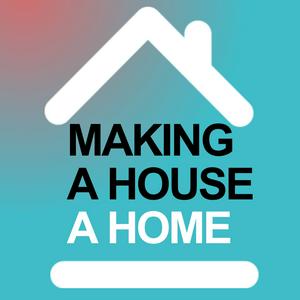It has now been three years since Housing Europe embarked on a special journey – to increase circularity in social and affordable homes, by bringing renovation techniques, recycling, and upcycling to a new level while preserving affordability and fairness. While we have seen multiple public, cooperative, and social housing providers implement circular models, we are now referring to Housing Europe’s partnership in the EU Horizon 2020 funded HOUSEFUL project, which has at its core the aim to increase the use of circular building and renovation techniques.
My name is Diana Yordanova and you are with another episode of ‘Making a house a home’, the podcast show of Housing Europe where we bring the vision of more than 43,000 public, cooperative, and social housing providers whose main goal is to ensure that people relying on modest incomes can also live in decent, affordable homes.
One way of doing that is, of course, circularity and making the best out of buildings’ waste. Together with various partners within the EU-funded Houseful project, we are doing this by testing and developing new circular housing solutions in four demo sites in Spain and Austria. This includes social housing buildings of Neues Leben from Vienna and Agencia de L'Habitatge de Catalunya based in Barcelona.
With the help of Housing Europe’s research coordinator, Dara Turnbull we are going to hear from representatives from two of those demo sites - the Cambium Community, a new eco-village concept, and Neues Leben, a limited-profit housing association. In the next few minutes, they are explaining a little bit about the circular solutions that are being tested, and also why these new approaches can help to provide cheaper and more sustainable homes to social housing tenants.
If you are curious to know more about Houseful, you can check out the website www.houseful.eu. You can also contact us directly at Housing Europe at
[email protected]
Enjoy.
